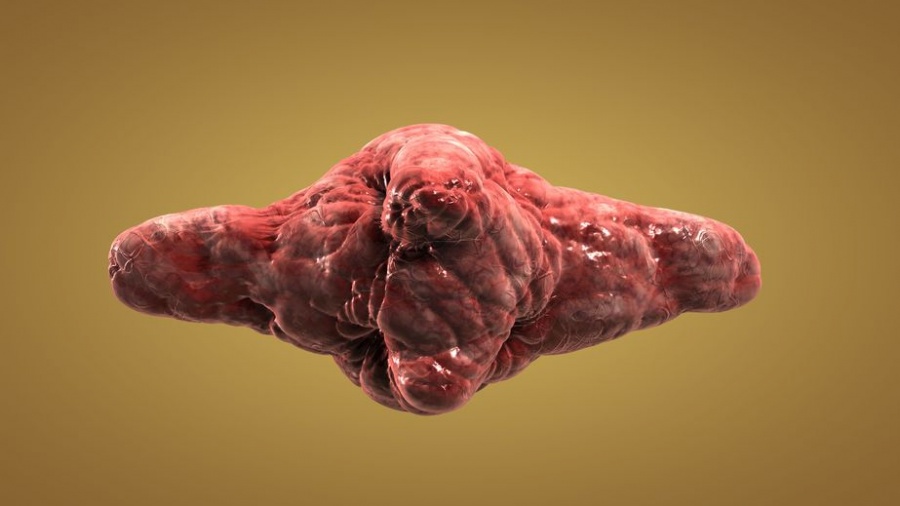Reactive oxygen species (ROS) formed during the immune response help fight infections but ROS can also damage DNA and proteins by a process called peroxidation.
The prolonged peroxidation of the lipid mediators of the inflammatory response by ROS results in the accumulation of small compounds called Isolevuglandins (IsoLGs), which can cause carcinogenic mutations leading to cancers and may help tumors proliferate.
Now, in a study published in the journal Free Radical Biology and Medicine, Ray Mernaugh, Ph.D., and colleagues show that IsoLGs can be used to monitor the extent of the lipid peroxidation in human cancers.
Mernaugh previously developed an antibody called D11 that specifically detects IsoLGs.
In the current study, the researchers used D11 to visualize IsoLGs in human tumor cells and compared its levels to normal adjacent tissues. They discovered that all tumors accumulate elevated levels of IsoLGs.
Their work may lead to a test to detect IsoLGs stained using D11 to measure oxidative stress in human tumors.
This work was supported by start-up funds from the Vanderbilt Institute of Chemical Biology, and by a pilot project grant from the National Institutes of Health (ES000267).
